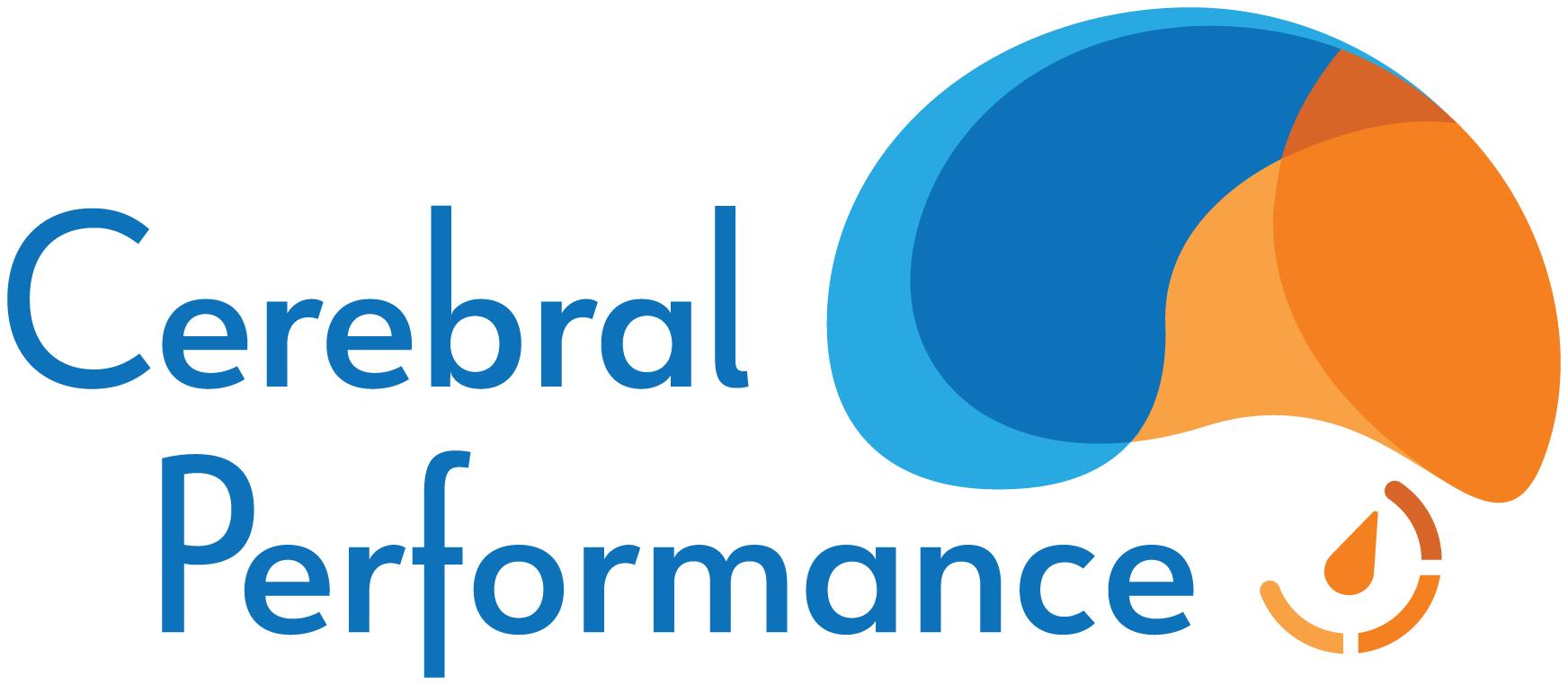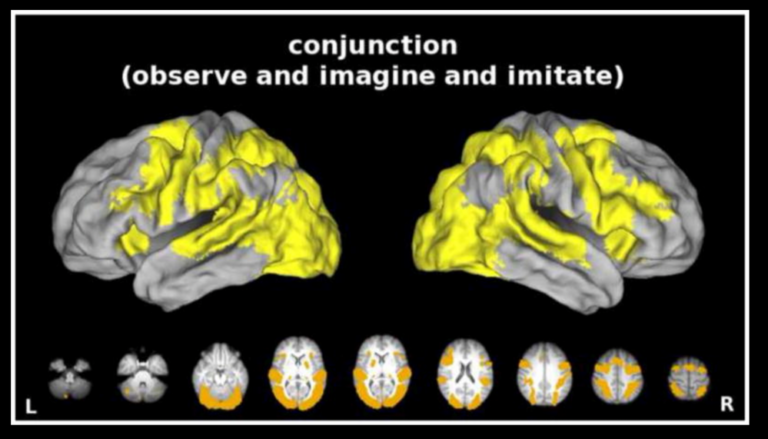The Mental Game Behind the Tour de France: How Brainpower Drives Performance
The biggest gains in athletic performance are going to come from the brain and behavioral sciences, and here is why.
Consider cycling. Thanks to major advances in the sport sciences, top athletes are all training very similarly, and differences in their equipment, nutrition, hydration andnnnrecovery protocols are negligible. Margins for further gains are diminishing as we try to squeeze a bit more juice from these tired oranges. It is time to see the problem from a fresh perspective.
For more than a century, sport science has sought to explain human performance entirely in terms of our musculo-skeletal, cardio-respiratory, and metabolic systems. This “neck down” approach has delivered incredible gains and dominates the thinking of most researchers, coaches, and athletes. That is about to change.
There is abundant and growing evidence that the brain ultimately regulates our performances. If you pause to think about it, that fact should not really be all that surprising given the central role of the brain in governoring all bodily systems.
Here is the truly exciting part: we are coming to understand the specific brain mechanisms involved in human performance, and the FACTORS that influence their functioning. In practical terms, this means that we can design training protocols to harness the power of these systems for performance gains.
This understanding is already starting to impact how athletes approach training and competition in “skill” sports such as tennis, baseball, and golf. The potential to improve performances of athletes at all levels in sports like cycling, triathlon and running is substantial and remains largely untapped. When the shift toward embracing neuroscience happens, I expect the gains to be much greater than marginal.
It was hard to imagine any future applications of our laboratory research on perception, attention, skill acquisition, decision making, mental imagery, action planning and control etc. when I began my career as a brain scientist 30 years ago. For perspective, functional magnetic resonance imaging (fMRI), a game changing tool that has allowed us to precisely visualize and measure brain activity underlying these functions, did not even exist. While a complete understanding of these systems remains far in the future, we are living at a time where applications are starting to be realized. How exciting to be part of this!







